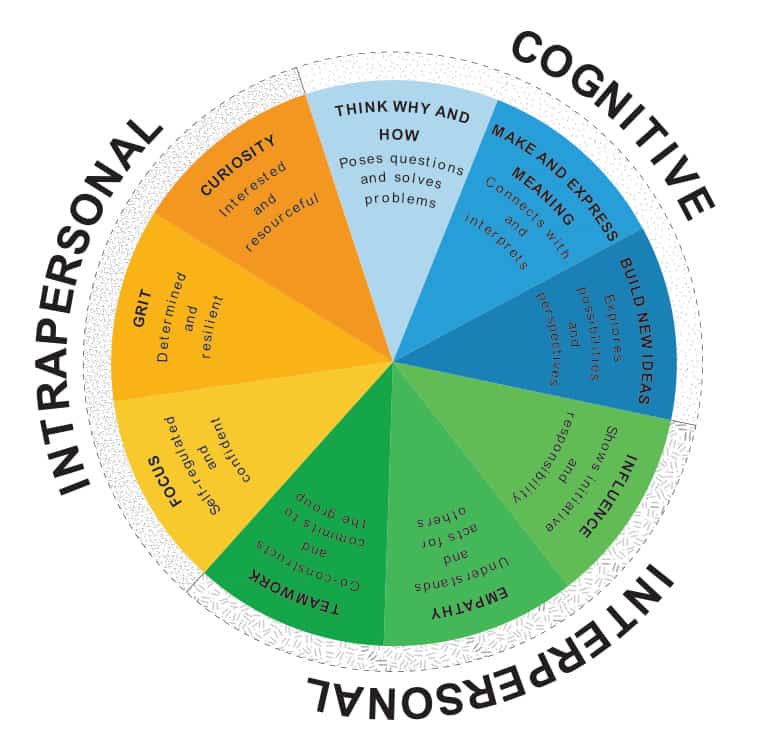Unlocking the Power of Learning Dispositions: A Parent’s Guide
Introduction to Learning Dispositions
Hi there, wonderful parents! ? Are you curious about what learning dispositions are and how they can impact your child’s educational journey? You’re in for a treat! In this comprehensive guide, we’ll unravel the coiled layers behind the term ‘learning disposition’ and share some sparkling strategies to cultivate them in your talented little ones.
What Does Learning Disposition Mean?
Each child is unique, like a rare gem, and so is the way they approach learning. Learning dispositions refer to the attitudes, habits of mind, and behavior tendencies that influence how children engage with learning experiences and environments. It’s like their learning personality! This includes their enthusiasm, curiosity, resilience, and ability to manage distractions. Such traits deeply affect their ability to learn new skills and absorb knowledge, shaping their success in school and beyond.
The Importance of Learning Dispositions for Children
Why should we, as parents, focus on learning dispositions? The answer lies in the heart of how these dispositions help children navigate through the bustling world of learning. A child with a positive learning disposition sees challenges as adventures, mistakes as stepping stones, and feedback as golden nuggets of wisdom. They’re equipped with a mindset that embraces growth and a spirit that’s never dampened by small setbacks. Essentially, they’re the budding lifelong learners we all wish to raise.
Common Learning Dispositions
So, what are the most common learning dispositions that can be found twinkling in the classroom galaxy? These can broadly be categorized as:
- Curiosity: An eager mind that wonders and wants to explore the terra incognita of knowledge.
- Engagement: An active participant in the journey of discovery, fully immersing in the learning process.
- Creativity: A bold creator, not afraid to think outside the proverbial box and make magical learning concoctions.
- Reflection: A thoughtful reflector that looks back at experiences to glean insights for the future.
- Resilience: A brave soul that stands tall in the face of challenges and bounces back from failures with tenacity.

Preparing for Learning Dispositions: 5 Key Insights for Parents
Embarking on the Learning Disposition Journey
Hey amazing parents! As you guide your little stars on their educational path, understanding and nurturing learning dispositions is key to helping them shine brightly. Ready to dive in? Let’s get to know the five pivotal elements that can guide you in preparing for and promoting learning dispositions in your child.
1. Cultivating Awareness of Learning Dispositions
Before we can help our children, we need to become aware of the various learning dispositions ourselves. Identifying and understanding dispositions like curiosity, resilience, flexibility, persistence, and courage allows you to spot these qualities or areas for growth in your child. Knowledge is power, and with this awareness, you’re better positioned to nurture these dispositions authentically and effectively.
2. Modeling Positive Dispositions
Children are attentive observers, mimicking the behavior they see around them. You can be a powerful role model by displaying positive learning dispositions yourself. Show enthusiasm for learning new things, tackle challenges with a can-do attitude, and reflect on outcomes to constantly improve. Your actions will speak volumes, encouraging your child to embrace similar attitudes towards learning.
3. Encouraging Exploration and Curiosity
Supporting exploration and curiosity can spark a lifelong love for learning. Provide opportunities for your child to ask questions, explore their interests, and investigate the world around them. Whether it’s through books, science experiments, or nature walks, nurturing a sense of wonder fosters a vibrant and engaged learner.
4. Creating a Positive and Supportive Environment
The environment in which your child learns can significantly impact their dispositions. Create a home atmosphere where it’s safe to take risks and make mistakes. Encourage a growth mindset by praising effort instead of innate abilities, and ensure that any feedback is constructive, helping your child view challenges as opportunities for growth.
5. Promoting Collaboration and Reflection
Learning isn’t a solo venture; it’s a collaborative endeavor. Encourage your child to work with others, listen to different perspectives, and learn from their peers. Along with collaboration, teach them to reflect on their experiences. Reflection helps in understanding what works, what doesn’t, and how to adjust strategies for better learning outcomes in the future.
Nurturing Dispositions: The Next Steps
As we continue to explore the galaxy of learning dispositions, remember that these are flexible and can develop over time. Your support and encouragement are vital in fostering a robust learning disposition cluster within your child. Stay tuned for our upcoming segments, where we’ll dive deeper into strategies and activities that can further support the blossoming of these critical skills.
Enlightened by these insights, let’s join forces to fuel the fires of curiosity, resilience, and engagement in our young learners. Together, we can ensure they become astute navigators of the vast ocean of knowledge, ever eager to sail towards new horizons of understanding and personal growth. Happy learning adventures!
Note: This content is designed for direct use in WordPress, formatted to engage readers and optimized for SEO.
See more great Things to Do with Kids in New Zealand here. For more information see here
Disclaimer
The articles available via our website provide general information only and we strongly urge readers to exercise caution and conduct their own thorough research and fact-checking. The information presented should not be taken as absolute truth, and, to the maximum extent permitted by law, we will not be held liable for any inaccuracies or errors in the content. It is essential for individuals to independently verify and validate the information before making any decisions or taking any actions based on the articles.




